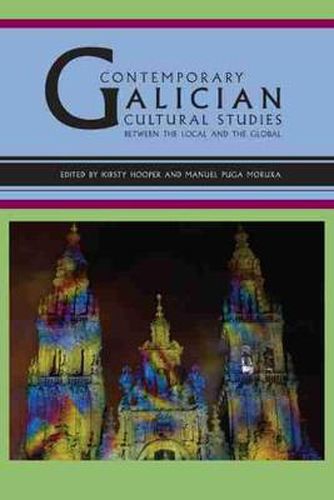Readings Newsletter
Become a Readings Member to make your shopping experience even easier.
Sign in or sign up for free!
You’re not far away from qualifying for FREE standard shipping within Australia
You’ve qualified for FREE standard shipping within Australia
The cart is loading…






Galicia occupies an ambiguous position, at the crossroads between land and sea, the Atlantic north and the Mediterranean south, Spanish and Portuguese. For two centuries, its nationhood was ignored or disputed and its people migrated in great numbers to the Americas. What it means to be Galician, therefore, is a central question–particularly now, given Galicia’s new autonomy and today’s trends of globalization and pluralism.
In this first English-language collection of analyses of Galician culture and identity, many aspects of galeguidade–Galicianness–are explored. Among them are the nineteenth-century Rexurdimento and Rosalia de Castro’s championing of and conflict with Galician nationalism, the status of Galician as a separate language, the attractions and problems of television series that express a utopian nostalgia, the continuing importance of Galician-language poetry and folk music, and challenges to Galician tradition by the postmodern avant-gardes after 1975.
$9.00 standard shipping within Australia
FREE standard shipping within Australia for orders over $100.00
Express & International shipping calculated at checkout
Galicia occupies an ambiguous position, at the crossroads between land and sea, the Atlantic north and the Mediterranean south, Spanish and Portuguese. For two centuries, its nationhood was ignored or disputed and its people migrated in great numbers to the Americas. What it means to be Galician, therefore, is a central question–particularly now, given Galicia’s new autonomy and today’s trends of globalization and pluralism.
In this first English-language collection of analyses of Galician culture and identity, many aspects of galeguidade–Galicianness–are explored. Among them are the nineteenth-century Rexurdimento and Rosalia de Castro’s championing of and conflict with Galician nationalism, the status of Galician as a separate language, the attractions and problems of television series that express a utopian nostalgia, the continuing importance of Galician-language poetry and folk music, and challenges to Galician tradition by the postmodern avant-gardes after 1975.